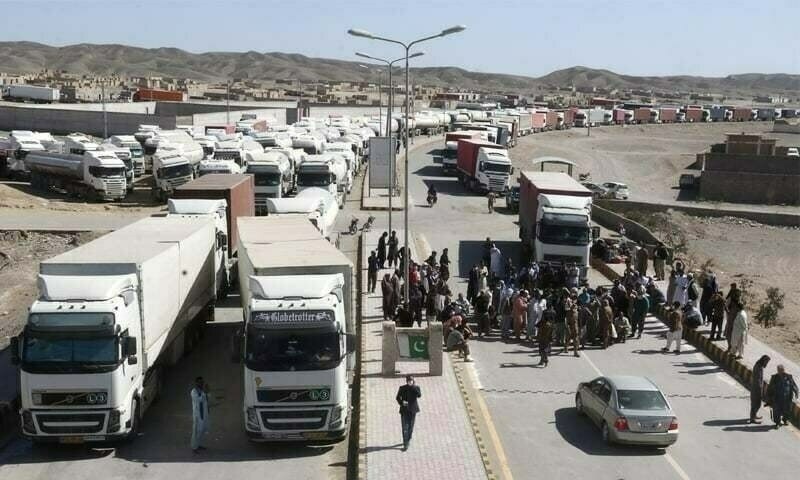LAHORE: The Businessmen Panel (BMP) of the Federation of Pakistan Chambers of Commerce and Industry (FPCCI) has cautioned that Pakistan and Iran’s latest commitment to enhance border infrastructure and expand bilateral trade will remain largely symbolic unless both governments act decisively to remove deep-rooted trade barriers, complete the long-delayed Iran–Pakistan gas pipeline, and introduce genuine structural reforms to enable real economic integration between the two neighbouring states.
BMP Chairman and former FPCCI president Mian Anjum Nisar said here on Sunday that the business community has heard similar assurances many times over the years, but the outcomes have remained negligible.
He said that despite repeated announcements and numerous memorandums of understanding, the trade potential between Pakistan and Iran continues to be restricted by bureaucratic delays, banking limitations, policy confusion, and lack of political will.
The statement came in the wake of Pakistan’s Commerce Minister Jam Kamal Khan’s visit to Tehran for the 22nd session of the Pakistan–Iran Joint Economic Commission (JEC), where both sides reaffirmed their resolve to strengthen border markets, improve customs coordination, and promote trade and transport linkages. While appreciating the renewed diplomatic engagement, Anjum Nisar noted that mere pledges will not bring meaningful results unless they are accompanied by immediate, on-ground action.
When asked, he observed that bilateral trade between the two countries currently stands at around $3 billion—a figure far below its real potential, given their geographical proximity and shared energy and agricultural interests. “Pakistan and Iran have been making the same promises for more than two decades,” Nisar said. “Every meeting, every joint statement speaks of cooperation, yet the numbers remain stagnant. This shows that the problem is not intent—it is implementation.”
Copyright Business Recorder, 2025


